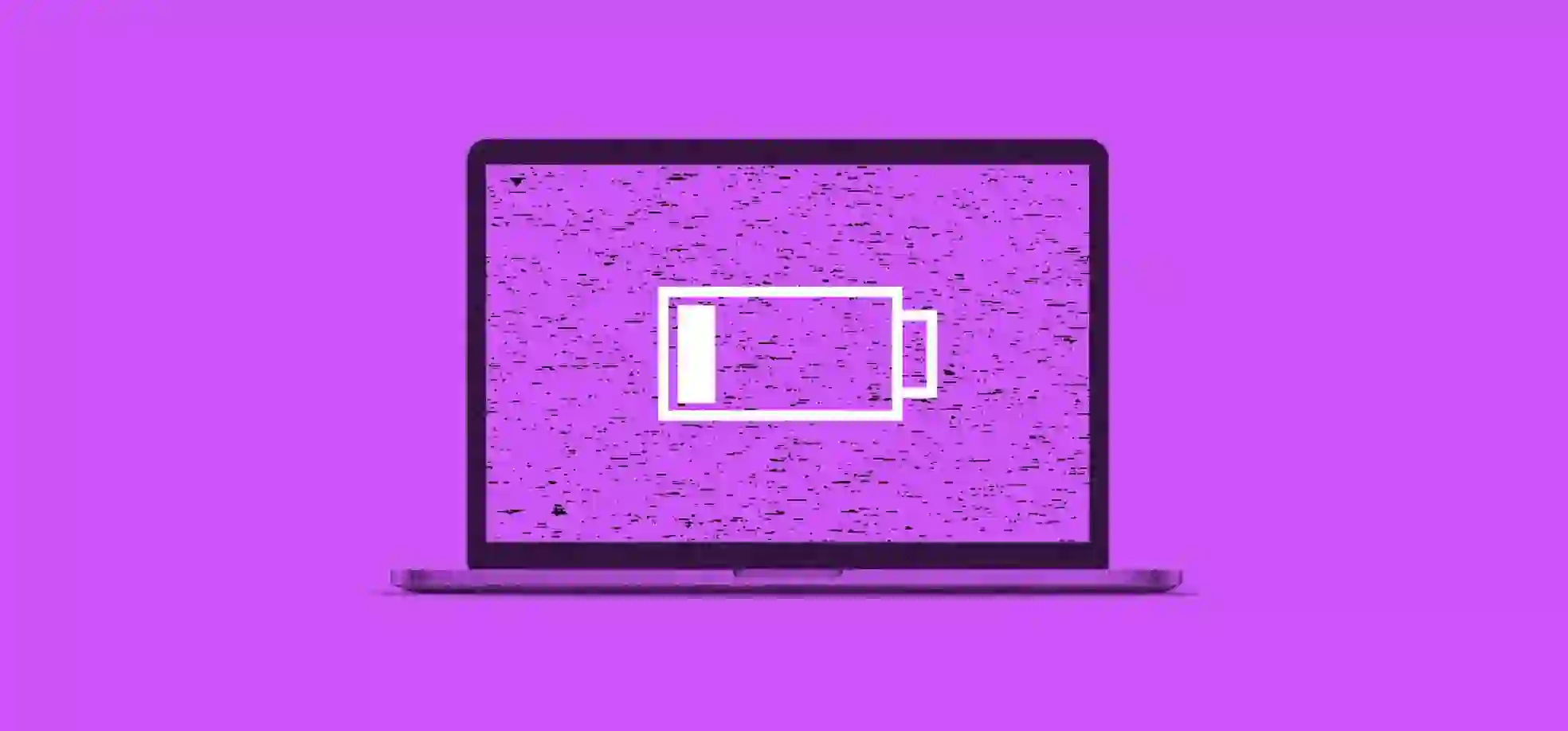Why is so much attention focused on the question of how to handle stress at work these days? The short answer: because it can significantly affect your job performance but, even more importantly, your health and wellbeing.
The American Institute of Stress (AIS) reports that 65% of workers surveyed indicated that workplace stress had caused difficulties and, for some of them, had major effects on their health. In the US alone, job stress has become the major source of stress for adults and it has increased in recent decades. Recent surveys suggest that the same is true in countries around the world. That's why the ability to manage stress at the workplace is increasingly important.
Factors causing stress vary, and include things like long working hours, unmanageable workload, and monotonous work as well as an uncomfortable working environment, lack of proper resources and equipment, relationships at work, and a toxic organizational culture in the workplace. To manage stress in the workplace, it's essential to identify key stressors and find a way to handle them.
Why stress management in the workplace is so important
Stress isn't always bad – in fact, there is such a thing as “positive stress” which can include a certain amount of stress that helps us be more engaged and work more effectively. But you need to know how to deal with stress at work when it becomes continuous. The problem with long-term excessive stress and not knowing how to manage stress at work, is that if left unaddressed, it can harm our physical and mental health.
Chronic stress puts us at risk of developing an array of physical conditions that may lead to severe diseases like diabetes, damaged blood vessels, metabolic syndrome, heart disease, and gastrointestinal issues. The mental health consequences are similarly serious. Excessive stress can cause the feeling of anxiety, exhaustion, and even end up as burnout.
To mitigate negative effects like these, you can reconsider your work-life balance and take steps toward better stress management in the workplace.
How to handle stress at work: your to-do list
As stress awareness expands across the globe, so too does the importance of combating stress for the good of our physical and mental health. As advocates for a healthy and flexible workplace, we're sharing techniques, tips, and lessons we've picked from our EPAM Anywhere colleagues that help them manage stress at work. Try them if you are searching for answers on how to handle stress at work.
1. Know your stressors
Stressful work experiences, demanding deadlines, toxic work relationships, and obnoxious bosses are just a few workplace issues that might lead to chronic stress. Before ''declaring war'' on stress, start by identifying key factors that stress you out.
To do so, watch yourself during your work routine for a couple of weeks and make some notes. Which situations create the strongest feeling of stress? And, more importantly, what are your responses to those situations? Did you feel anger, irritation, fear, panic? Did you snap, raise your voice, or distance yourself from the stressor?
Record the causes of stress and your feelings and then revisit your notes to see if you can identify patterns among the stressors and your reactions to them. This will help you better understand how to deal with stress at work.
2. Reconsider your interactions with others
Stress at work often results from communication with other people. Whether it's a teammate dropping passive-aggressive comments here and there or an overreacting manager, you’ve got this.
We can't control other people's behavior, but we can control our reactions and attitude. One option for how to handle stress at work resulting from relations with co-workers is demonstrating positive behavior and having empathy.
A bolder step you may want to take is to have a direct conversation with a colleague who stresses you out. Take a deep breath and ask your colleague what makes them act the way they do and if there's something you both can do to fix it. This takes grit and might also seem like a stressful thing. But, surprisingly, hard conversations can sometimes improve relationships and ultimately relieve stress.
If attempts to manage stress in the workplace don't work, or your situation reaches a breaking point, it might be a good idea to seek a different project within your company. Don't go through this challenging time alone, contact your HR / Manager / Resource Manager and ask what alternative projects and roles are available.
3. Find a way to balance your work and life
As a person who works remotely, you may also experience stress because your work and your personal life take place in the same environment. Having an opportunity to work remotely is a luxury, but it can be pretty challenging as well.
When you have busy days at work, plenty of errands at home, and your family requires your time and attention, things can feel overwhelming. Add to that the homeschooling scenario that many working parents experienced during the lockdown – sounds like a recipe for stress, right?
The truth is, it can be almost impossible to squeeze ALL the urgent and essential tasks and chores into your day, but it is possible to establish some kind of balance for yourself. Even if you're a working parent.
Here's an approach for how to reduce stress at work from an EPAM Anywhere teammate who's also a dad:
"When you work from home, you face inevitable conflicts between your personal life and work. Even more so when you have small kids since it's difficult to explain to them that you can't play, watch videos on YouTube, or have family time because you need to work. Also, your kids might be playing around, screaming, and making noise while you are trying to focus on your tasks. Even if you have your own studio or separate workplace at home, your kids and family might unintentionally be disturbing you in many different ways. I learned to deal with this, and gain some control over my stressful day, using the following approaches: I usually work with 2 additional monitors plus my laptop screen, and if I’m working on tasks that don't require too much concentration, I let my son watch videos on my extra monitor. This way my son is happy and quiet, and I can work as well. Also, to manage stress at work, sometimes in the middle of my workday, I take an active pause. I go with my son to the park next to my house and spend some time playing with him. This way he has some fun, we have family time, and I can release a bit of stress so I can continue smoothly with my day when I return to my duties again.”

4. Take time to unplug
Taking a pause every now and then during the day is a great technique when you are focusing on how to reduce stress at work. Sometimes you need more than one or two hours to renew your energy, though. That’s why it’s essential to (literally!) unplug, in the way that works best for you.
When you are considering how to handle pressure at work, think about taking an extra day off once or twice a month, and spending it as far from your laptop and messengers as possible. On weekends, spend more time outside and limit your interaction with devices and digital resources. This will help you switch off.
It may sound like a cliche, but hit a gym! Try jogging or hiking, join a yoga group, sign up for boxing or dancing classes.
Start with at least 15 minutes a day. Even that amount of time will make a real difference. Sports activities are a powerful weapon against negative stress and the effects it has on your physical and mental health. Better brain function, blood circulation, digestion, mood – proved by many scientists around the globe!
Another co-worker at EPAM Anywhere has more tips on how to manage stress at work – simple tips, but they can bring you tangible results:
"How to handle pressure at work? Arrange a day off - completely off - from work. Read books that are not work-related, watch movies that are not work-related, chat with friends who are not from IT. Go to bed earlier. It may sound cheesy, but it really helps you feel ready for whatever the next day will bring. Sports or active hobbies - they help your fitness, and they help you to go to bed earlier, get better rest, and feel in good physical shape. Plus, it's a great psychological unwinding. I've been practicing boxing for the last six months. Support from friends and family is also very helpful. It's always good when you have someone to talk to. Work on your time management so you don’t accumulate debts on tasks and leave time for yourself. My top tip in this regard is Jedi Techniques by Maxim Dorofeev (a book, plus he has a blog on YouTube) and spending more time outdoors.”

5. Get some support
Whatever gets you stressed, don't go through the experience alone. Talk to a coworker, team lead, family member, or friend about what happened.
First, asking for, and accepting, help is a normal and useful impulse. Plus, an issue shared with someone else feels like half of the issue afterward, right? Also, a practical benefit of asking for support is that it can help you gain a better understanding of how to manage stress at work.
Co-workers may open up about their experiences and approaches to tackling stress. Your team lead may share information with you about available stress management resources or programs. A friend or family member may recommend mental health professionals. Sharing your experience can result in validation and emotional support, which is vital, as well as tons of concrete ideas and steps that you can take to deal with stress.
How to reduce stress at work: final thoughts
Sometimes stress hits hard, and it's vital to combat it here and now. When you need to pull yourself together quickly, try these 'first aid kit' techniques suggested by EPAM Anywhere professionals:
"I used an Insight Timer app. It suggests long and short meditations on a variety of topics, including stress relief. Interestingly, there are meditations not only in English but also in other languages. I was amazed to see that it has a library in the Ukrainian language, for instance. I listened to some meditations more often than others and, over time, learned to follow the instructions without turning on the audio in the app. Now I don't always use the app, but sometimes I do when I need to be led through meditation with a voice. Also, when I feel that stress hits really hard, I do breathing exercises: I breathe in for 4, hold my breath for 4, exhale for 4, hold my breath for 4, and repeat this cycle a few times."

“The first step I personally take when work stress hits particularly hard is switching my attention to anything that doesn’t require much brain activity. You can take a ride on a bicycle, put your laptop on sleep mode and listen to music, or, simply make things with your hands – building and painting models for tabletop game “Warhammer 40k” is one of my favorite ways to relieve stress.”

Of course, it is unreasonable to expect that you will find a 100% stress-free workplace. We hope that these practical tips on how to reduce stress at work will help you get as close to a stress-free environment as possible.
A summary of your takeaways:
- Stay aware of the situations or factors that stress you out and how you react to them
- Be proactive in your interaction with others: demonstrate positive behavior, have empathy for them, and consider starting a candid conversation
- Find your way to balance work and life: pause, take time with your family, and find more flexibility to expand your life beyond work
- Take time to recharge: unplug to replenish your energy, exercise, be outside, take an extra day off – do whatever makes you feel a little happier and healthier
- Get some support: share your concerns and feelings with colleagues or friends, and you'll see you're not alone in this!
Take one step at a time, stick with it, be consistent and, in a while, you'll see yourself as a person who helps others master stress management in the workplace.

Explore our Editorial Policy to learn more about our standards for content creation.
read more







.jpg)










